
Georgia’s Battle for Freedom
Georgians have returned to the streets to fight for their country’s future. They refuse to let it slip quietly into the autocracy the ruling party seeks.

Georgians have returned to the streets to fight for their country’s future. They refuse to let it slip quietly into the autocracy the ruling party seeks.

Later this month the country will be holding an absolutely pivotal election. The stakes? Whether Georgia will remain anchored to the West or become Vladimir Putin’s newest satellite state.

The country is at risk of collapsing into a full Russian autocracy, and Georgians understand it as a make-or-break moment. The strength and resolve of the country’s civil society will decide the outcome.
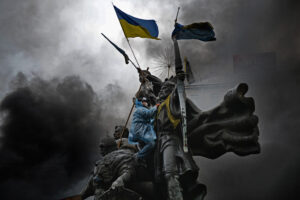
If liberal norms and institutions are to prevail, they need to be defended from the left and the right.
January 2020, Volume 31, Issue 1
Robert Michels’s classic work on the “iron law of oligarchy” can help us to understand why there is so much dissatisfaction with representative democracy.

April 2017, Volume 28, Issue 2
With the advance of modernization, nationalism was supposed to fade away. Yet everywhere we look, even in advanced democracies, nationalism’s influence seems larger than ever. What did we get wrong?

October 2014, Volume 25, Issue 4
Advancing the democratic cause is threatening to autocrats, and they will fight back.
January 2010, Volume 21, Issue 1
This is a central problem—perhaps the central problem—for classical liberal theory and its crucial distinction between the state of nature and the civil state. Which is better for liberty: nature or the state?
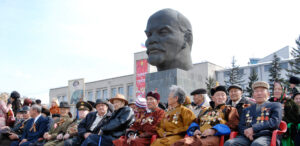
April 2009, Volume 20, Issue 2
There is no consensus about the nature of the political system in Moscow today. Yet how one understands the motivations propelling Russian policy abroad depends on how one understands its regime at home.
July 2002, Volume 13, Issue 3
The notion of countries being on the “path to democracy” remains valid unless and until they come up with a systemic alternative to democracy.
October 2001, Volume 12, Issue 4
To grasp what is happening in the former USSR, we must examine the types of nationalism that flourish there.
October 2000, Volume 11, Issue 4
A review of Jack Snyder's From Voting to Violence.
October 1996, Volume 7, Issue 4
Read the full essay here.
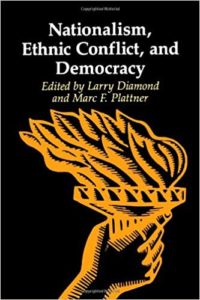
"Presents thought-provoking notions of the ways in which we view both nationalism and democracy and provides some valuable ideas for working toward a more stable world."—Journal of International Affairs
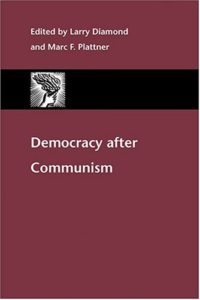
Is the challenge of building and consolidating democracy under postcommunist conditions unique, or can one apply lessons learned from other new democracies? The essays collected in this volume explore these questions, while tracing how the countries of Eastern Europe and the former Soviet Union have fared in the decade following the fall of communism.
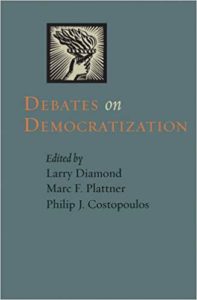
If democracy means anything, it means robust debates. Debates on Democratization is a collection of essays that explores the questions and controversies that surround contemporary democratization.
